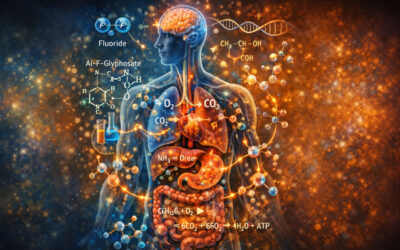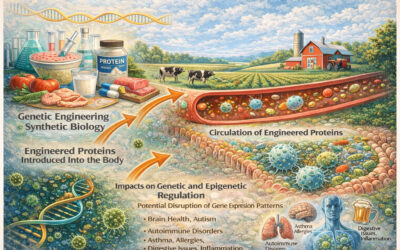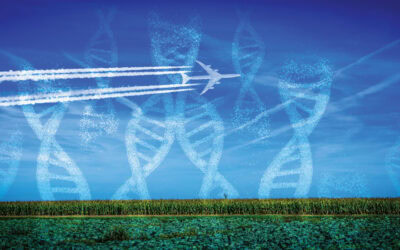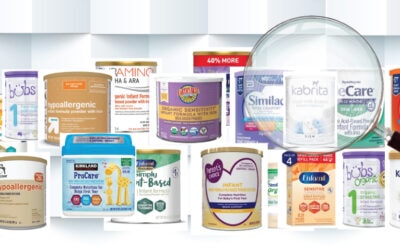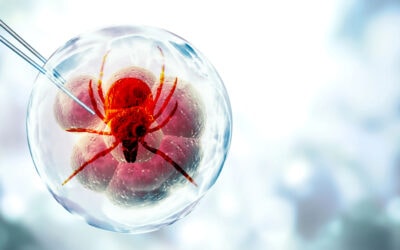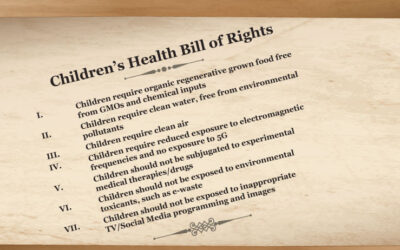The Hidden Chemical Partnership: How Glyphosate and Fluoride Collide Inside the Human Body
For decades, Americans have been assured that two of the world’s most controversial chemicals are “safe in small amounts.” One is fluoride, intentionally added to public water supplies to prevent tooth decay. The other is glyphosate, the main ingredient in the herbicide Roundup®, used on everything from corn and soy to suburban lawns.
When “Almost the Same” Is Not the Same
How genetically engineered and synthetic biology–derived proteins may quietly shape immune health and gene expression. Modern food and biotechnology are increasingly built on a simple promise: if a protein looks the same on paper, it should behave the same in the...
From Crib to Cloud
The Pediatric Cost of Atmospheric Intervention and Environmental Uncertainty Executive Summary Children are uniquely vulnerable to environmental exposures during pregnancy, infancy, and early childhood. While air pollution and toxic exposures are well-established...
Biotechnology, Geoengineering, and the Line We Must Not Cross
Why recent federal policy makes precaution the ethical imperative. For years, concerns about geoengineering and genetic engineering have been dismissed as speculative, premature or conspiratorial. That line of thinking is no longer defensible. The FY 2026 National...
The Missing Lens in the Lancet Ultra-Processed Food Series: Why It Matters for Infant Formula
Article 9 in the Got Real Milk Series The new Lancet Series on ultra-processed foods (UPFs) does something important: it finally acknowledges that industrially engineered foods (those formulated from fractionated starches, synthetic additives, emulsifiers, and...
When Formula Turns Toxic: Infant Clostridial Infection, ByHeart® Recall, and What Parents Need to Know
Article 8 in the Got REAL Milk Series The Newest Formula Scare: Clostridium in the Nursery The FDA and CDC recently announced an investigation into infant botulism potentially linked to powdered infant formula manufactured by ByHeart® Inc. Two lots of its “Whole...
Bioengineering Without Boundaries: Why Lyme Disease Belongs in the GMO Debacle
Lyme disease is not simply an infection. It is a lens into the consequences of manipulating biology without accountability. As we confront the obfuscated crisis of Lyme and other chronic infections, it becomes evident that bioengineering in pathogens and genetic...
A Global Children’s Health Bill of Rights
Globally, the health of our children is under assault. Chronic disease amongst our most vulnerable is rampant. The main drivers of this present health disaster are environmental toxicants. Californian state lawmakers proclaimed that October 2021 is Children’s Environmental Health Month, raising awareness about the need for clean air, water, and food to protect children.
Same Old Song and Dance: Congress Plays Cover for Pesticides Again
IN MEMORIUM This article is dedicated to the loving memory of Ben Honeycutt, whose life and legacy continue to inspire truth and healing. Why is a physician writing about pesticide industry liability shields and the failure to label GMOs?Because after decades of...

